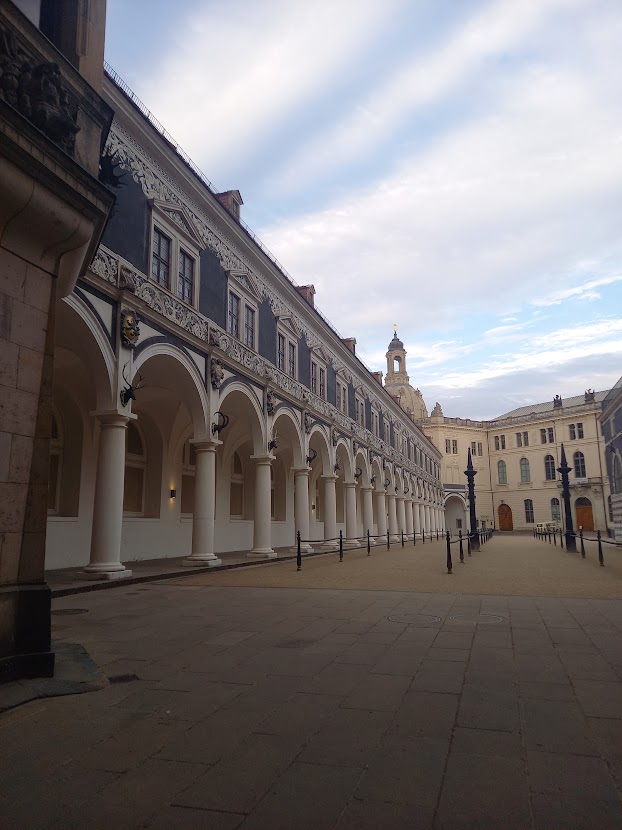Early Modern Suicide
Research conducted by Imogen Knox
The funding kindly provided by the European History Research Centre will support a two-month research trip to Dresden from mid-May 2023 to collaborate with scholars working on early modern suicide.
I have been invited to Dresden by Dr Alexander Kastner, a specialist in early modern criminal history and the historical study of suicide, with particular interests in the complexities of attitudes towards suicide in the German context. I will also work alongside other researchers with interests in suicide, mental health, and shame, from a variety of disciplinary perspectives including history, literature, and sociology.



My doctoral research explores the ways in which people experienced and enacted feelings of self-destruction in Britain from the late sixteenth to early eighteenth century. My work aims to enhance our understanding of early modern attitudes towards suicide and self-harm to examine reactions to admissions of such thoughts without the necessary result of a death by suicide. This research seeks to uncover the everyday nature of self-destructive feelings, particularly within the context of the early modern community. Uncovering early modern conceptions of and responses to suicide and self-harm offers insight into present day attitudes towards mental health.
While in Dresden I will develop my work on laughter and suicide jokes, which is of particular relevance to my third thesis chapter which explores the attitudes and responses of others to admissions of self-destructive feeling. This research also connects to my broad hypothesis that early modern suicide was not so tied to the emotion of shame as has previously been credited. Scholarship has positioned the ‘superiority’ concept of laughter (meaning mocking or deriding) as dominant during the early modern period. In the context of suicide however, the picture appears far more complex, and despite featuring within jokes, the act of suicide was often not the subject being targeted. I presented my initial thoughts on suicide and laughter at a conference at Newcastle University in July 2022, and will use my time in Dresden to develop this work, both for the purposes of its inclusion in the thesis, and for a publication (either in an edited collection by Kastner or as a journal article). In addition to providing the opportunity to focus closely on this topic, working alongside Dr Kastner will also enable me to interrogate the German perspective to shed new light on the little explored subject of ‘dark’ humour in a historical context.
As part of my visit I will give a paper in a workshop series on suicide disappearances, and also intend to present my findings at work-in-progress sessions in Dresden. It will be invaluable for my PhD research to spend time with scholars in this area, and to gain a broader understanding of the picture of suicide across Europe during the early modern period to complement my work on Britain. This visit will also serve to strengthen the institutional links between Warwick and Dresden, as well as the EUTOPIA Alliance.
